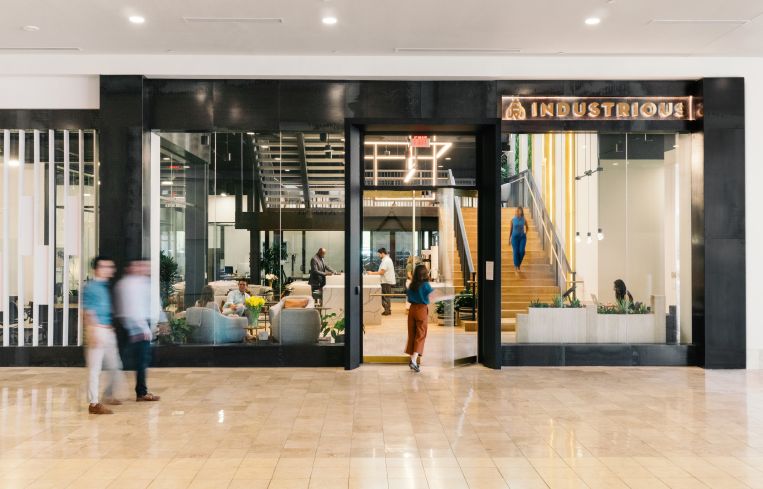How Struggling Malls Could Reinvent Themselves
By Rebecca Baird-Remba December 14, 2020 5:51 pm
reprints
If American malls were struggling before the pandemic, the spread of coronavirus has further devastated the prospects for brick-and-mortar shopping centers. However, there are a number of steps mall owners can take to keep their properties afloat, including leasing space to medical and office tenants and building out fulfillment centers, according to a new report from Placer.ai.
The retail analytics firm called for mall landlords to consider “out-of-the-box” tenants, including gyms, health care providers and coworking operators. Fitness tenants tend to offset malls’ typical foot-traffic patterns, which peak on the weekends. Gyms, on the other hand, see more customer visits during the week, and help bring people into shopping centers during off-peak shopping months like January and February. Of course, such tenants may remain a risky bet until the pandemic has completely stabilized.
But medical tenants are one of the few types of retail that have survived and thrived as COVID-19 has ravaged the U.S. Placer found that national dental chain Aspen Dental brought in foot traffic during weekdays and daytime hours, when malls tend to be pretty empty of shoppers.
Coworking spaces tend to fill a similar void in foot traffic. Industrious, for example, has opened a few locations in malls. After the coworking operator opened its first mall site at Scottsdale Fashion Square in Arizona last year, the mall saw its year-over-year foot traffic double from 90 percent in December 2018 to 167 percent in January 2019.
Placer also recommended turning large, vacant retail boxes — often former department stores — into “micro-fulfillment centers.” Simon Property Group, the country’s largest mall operator, has been in talks with leasing former JCPenney and Sears stores to Amazon, according to The Wall Street Journal. Direct-to-consumer brands looking to expand into more brick-and-mortar space could also benefit from opening fulfillment centers with retail stores, the report argued.
Finally, mall operators could consider the now-well-established retail trend of pop-up shops, either leasing to specific brands or to retailers that offer a rotating selection of “mini-stores” from direct-to-consumer brands, the data firm said.



